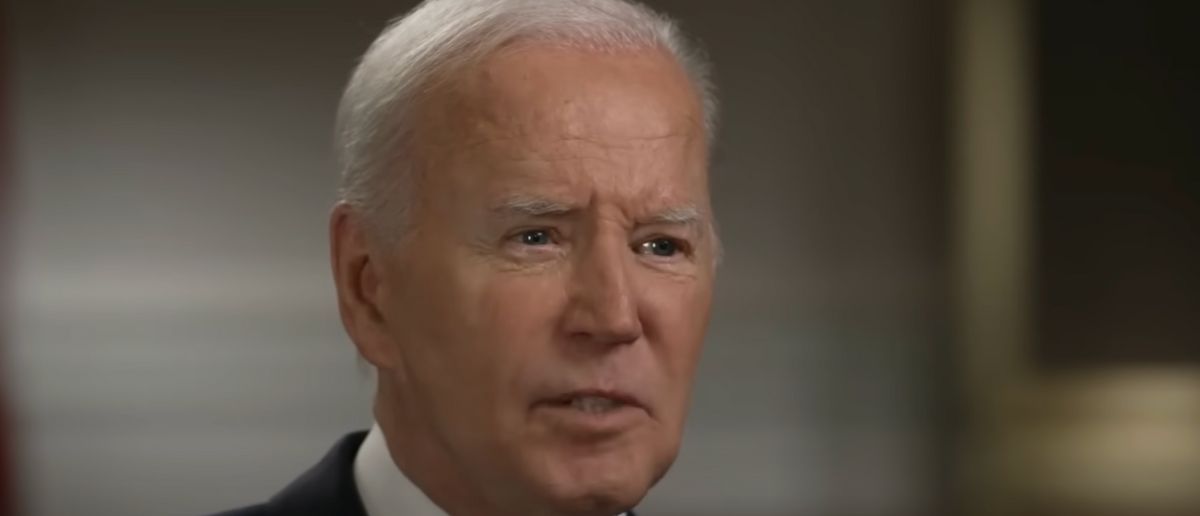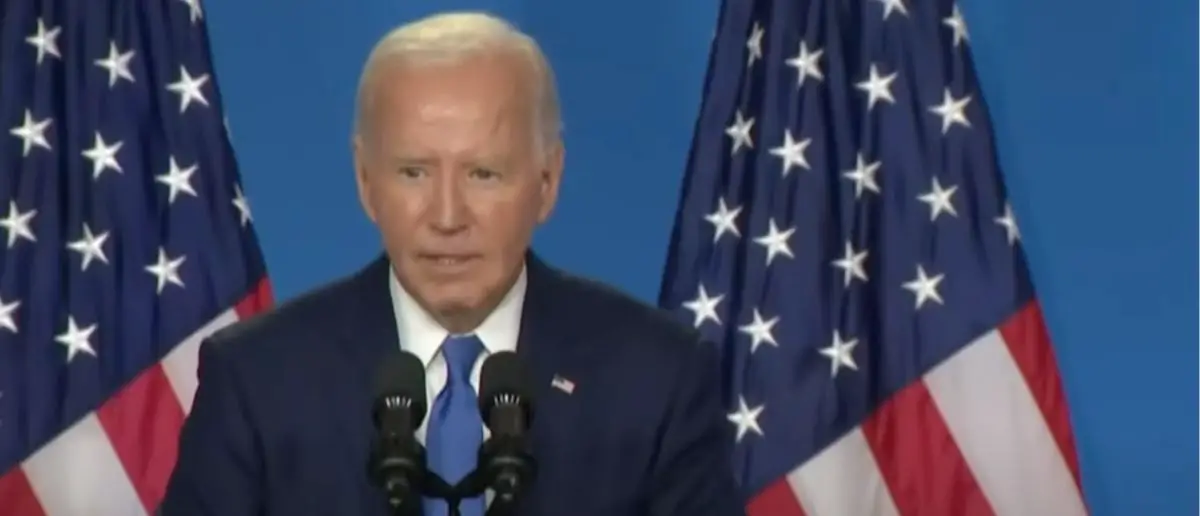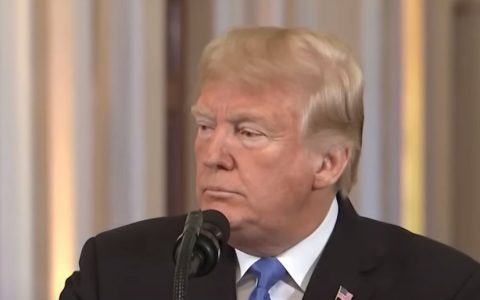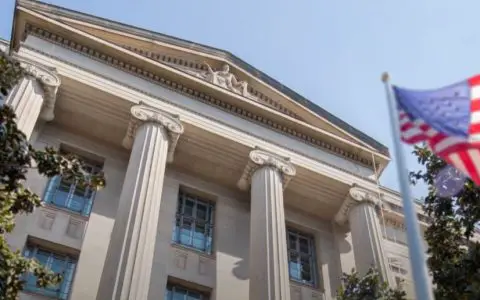
The American military is in shambles. The White House has had a direct hand in this.
And now Joe Biden’s being accused of treason for this truly insane U.S. military announcement.
According to military authorities, if a service member refuses to use another service member’s “preferred” pronouns, the military may attempt to explicitly reprimand them.
According to Capt. Thomas Wheatley, an adjunct instructor at the U.S. Military Academy at West Point, an Equal Opportunity law passed in 2020 allows officers to charge someone with harassment under the Uniform Code of Military Justice (UCMJ) if they refuse to affirm a transgender soldier’s self-described gender identity. Although a service member’s constitutional right to protect their conscience would probably be violated by such a move, it might not stop superiors from using more covert methods of discipline.
Some experts in the military anonymously shared with news outlets that Congress ought to intervene before it is too late.
The federal government “is right to want to protect the rights and welfare of its transgender service members. But it owes the same protection to those who share a different perspective on the issue, especially when that perspective is a deep-seated expression of personal conscience,” Captain Thomas Wheatley said on the matter in a press release.
According to Wheatley, there is no express prohibition against “misgendering” in the military, which refers to the usage of pronouns that do not accurately reflect a transgender individual’s new gender identity. However, current guidance suggests that it breaks Military Equal Opportunity (MEO) standards against s*x-based discrimination and harassment to use pronouns that have been rejected by another individual.
These rules are enforced by the UCMJ.
According to Wheatley, service members may face court-martialing if they “refuse to use another person’s self-identified pronouns, even when their refusal stems from principled religious conviction. This law applies to service members at all times and in all locations, even when they’re off duty and in the privacy of their off-post residence.”
“Is it now ‘unbecoming’ and incompatible with service as a commissioned officer to openly hold sincere religious convictions surrounding the act of creation and the nature of human s*x?” Wheatley asked on the UCMJ “disciplinary” efforts.
When the Army revised its MEO policy four years ago, noting that “violations of MEO and Harassment Prevention and Response policies may result in disciplinary action under the UCMJ,” Wheatley said it piqued his interest in the subject.
Wheatley expressed concern about the potential for a service member to face criminal charges for allegedly harassing another member if that individual was “misgendered.” In Bostock v. Clayton County, the Supreme Court recently decided in favor of the plaintiffs who were transgender and claimed their employers had fired them because of their self-identified gender identity or s*xual preference. The case, as cautioned by conservative justices, may have far-reaching effects on businesses that support the free expression of religion in the workplace and religious beliefs.
“I knew, given the cultural gap between the civilian world and the military, the issue would be overlooked as it concerned service members. So, I got to work,” Mr. Wheatley shared with journalists.
Despite the current EO policy, Wheatley contended in a peer-reviewed study published recently in the Texas Review of Law and Politics that Articles 133 and 134 of the UCMJ are insufficiently robust to charge troops for rejecting another person’s choice of pronouns.
That would typically be the end of the investigation under a legal theory that “obligates military courts to avoid interpreting the UCMJ in a way that brings it into conflict with the Constitution,” he wrote. However, the inherent national security requirements of military duty frequently serve as justification for restricting a servicemember’s constitutional rights; one such example is Article 134 on the issue of “indecent language.”
In response, Wheatley argued in the paper that while the military’s unique role can guide judicial consideration, a distinct norm is not necessary.
“A court that applies a standard lower than strict scrutiny would be placing not just a thumb on the scale in the government’s favor, but an anvil — one which virtually guarantees victory for the government in every case where a service member asserts his or her First Amendment rights,” Wheatley penned on the matter.
He added that there are definitely crucial arguments to be taken into consideration, such as maintaining peace within military units and protecting the mental and emotional health of transgender troops. However, the latter ignores the health of the service member attempting to follow their religious convictions, while the former depends too much on the vagaries of individual interpretation to withstand court review.
According to Wheatley, the Army policy’s “sweeping prior restraints on speech” are not justified by the compelling government objectives of “preserving unit cohesion and safeguarding the mental and emotional health of transgender service members.”
He concluded that prior case law demonstrates that the bar for what constitutes forbidden coerced speech is high, especially in military settings.
He also found no compelling reason to require the use of pronouns in speech, looking instead to past instances of public employment law restricting speech where free speech has been contested more frequently than in case law pertaining to the military.
According to Wheatley, a person’s use of pronouns “reflects the speaker’s private views on human s*x and gender” and is independent of their profession.
Stay tuned to the DC Daily Journal.





